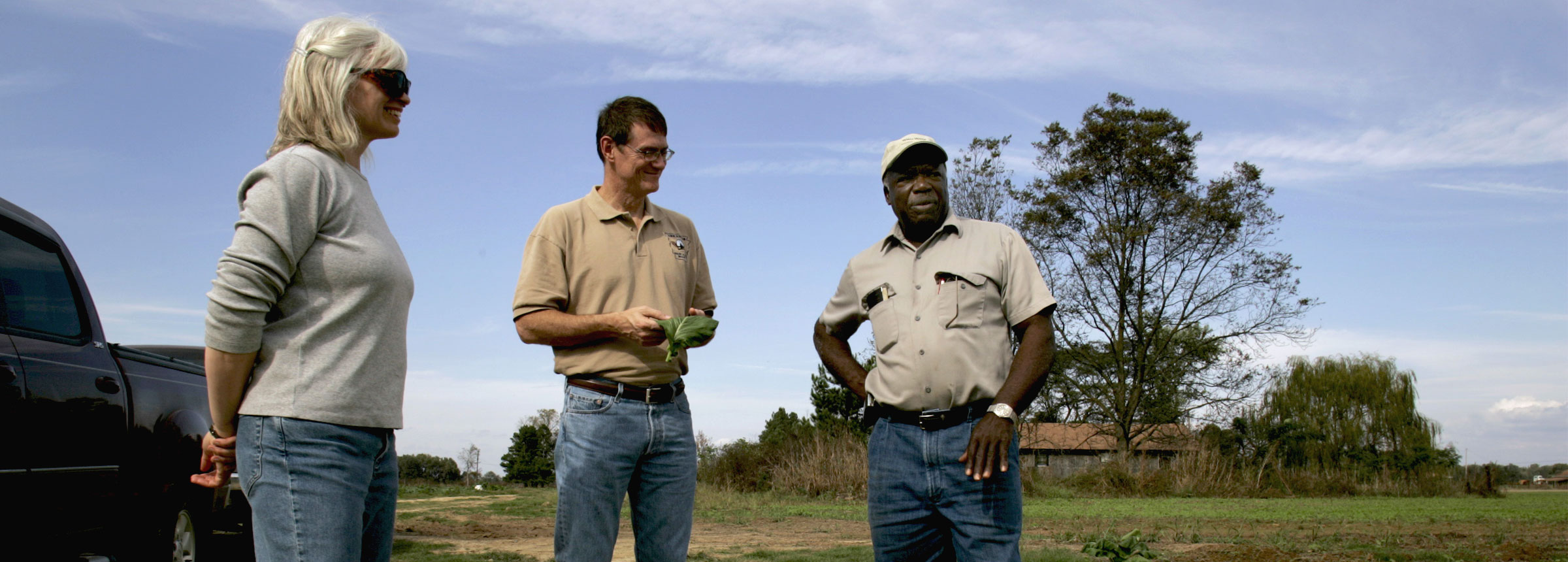Projects
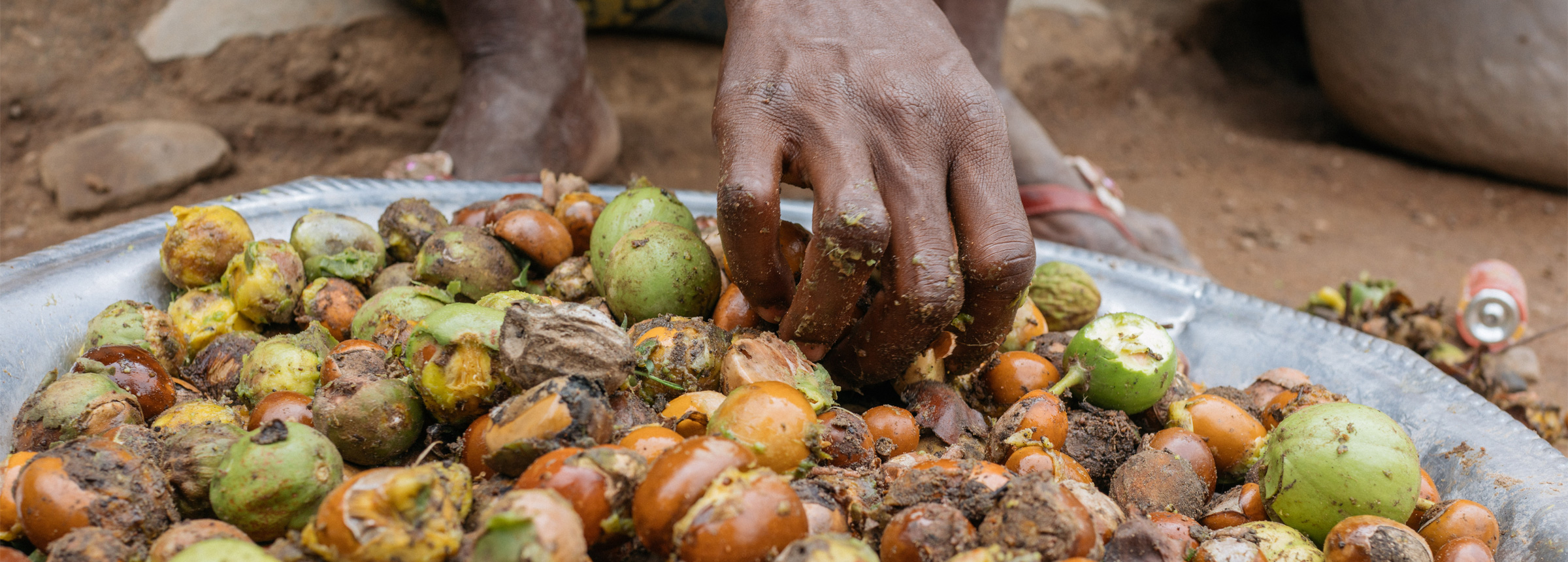
Ghana Agriculture and Natural Resource Management Project (AgNRM)
Northern Ghana has a new ally in its struggle against climate change. The USAID Feed the Future Ghana Agriculture and Natural Resource Management Project (AgNRM) is protecting both food security and the region’s natural resources. It’s doing this in a holistic way: boosting incomes from natural products such as shea nuts; improving food security through […]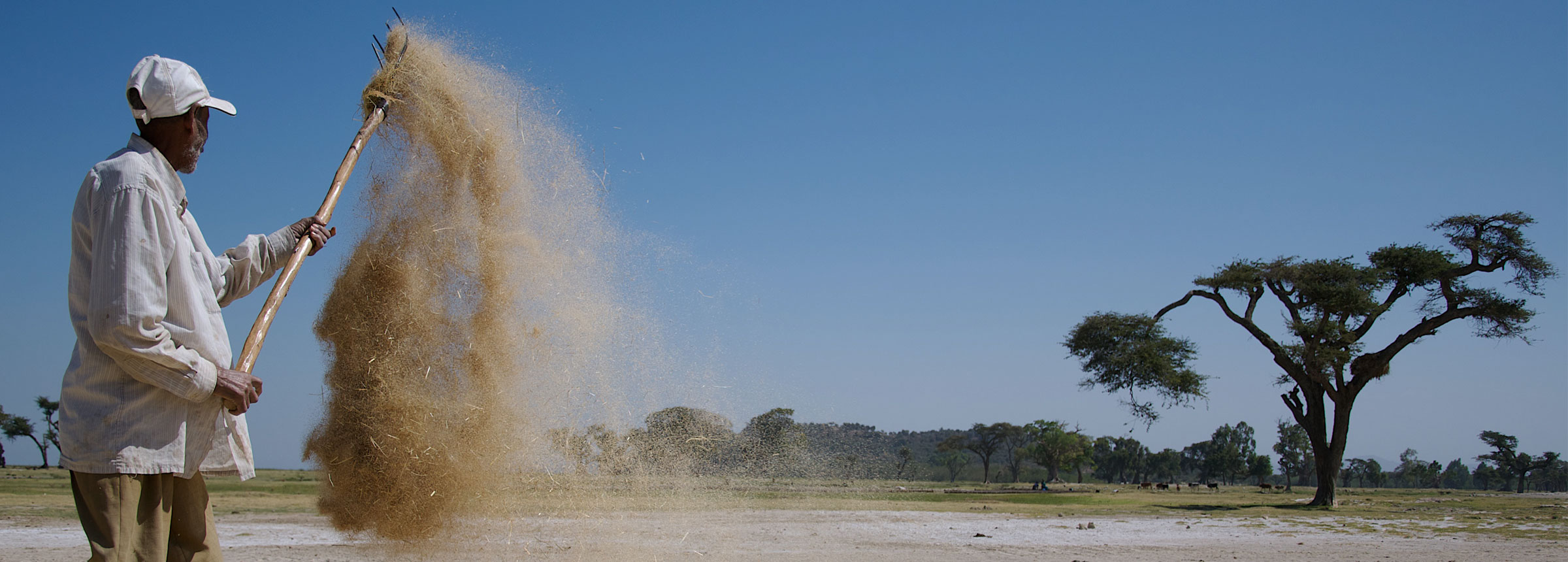
Ethiopia LAND
The foundation of Ethiopia’s economy, agriculture can play a substantial role in improving livelihoods and increasing the country’s food security. This project supports the Government of Ethiopia’s efforts to establish important regulatory and policy conditions that improve local and national land governance. A particular focus of the project is allowing itinerant pastoralists to secure community…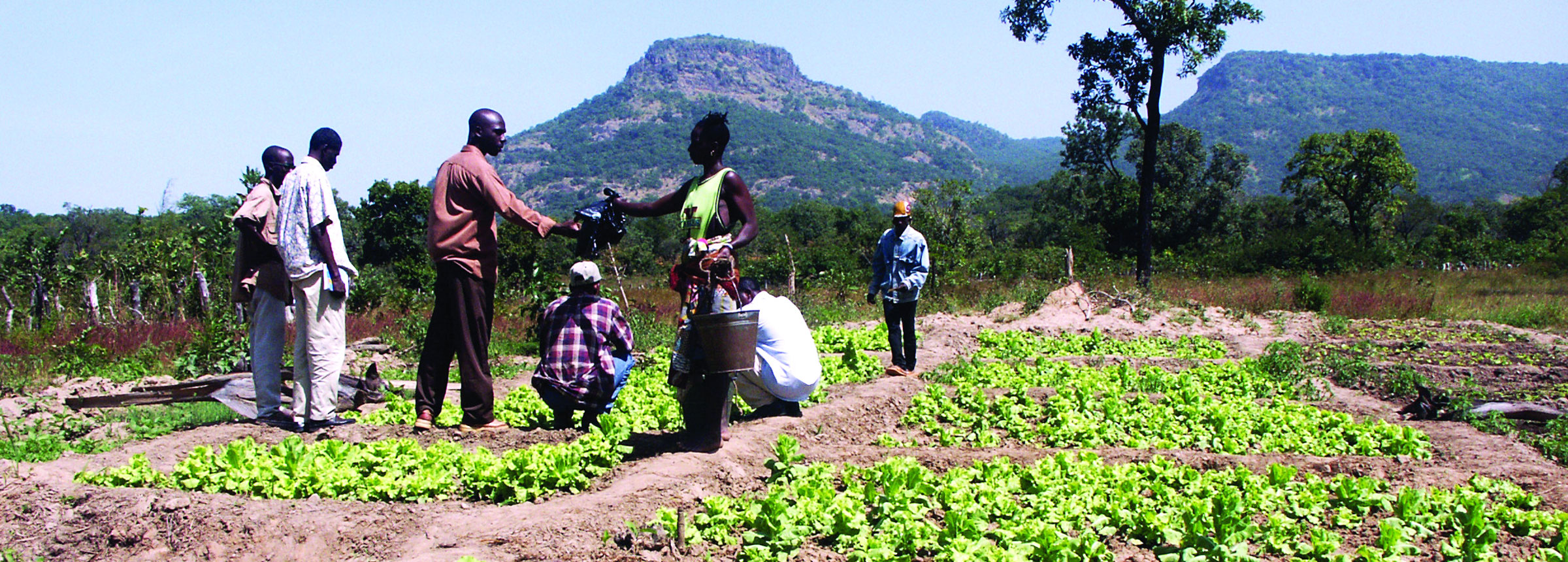
Guinea Agriculture Education and Market Improvement Program
A large percentage of Guineans lack food security and spend a sizable portion of their income on rice. To better meet the needs of its citizens and adapt to the impacts of climate change, Guinea’s agriculture sector must implement new technologies and modern land-management methods. This program focuses on building the capacity of local training…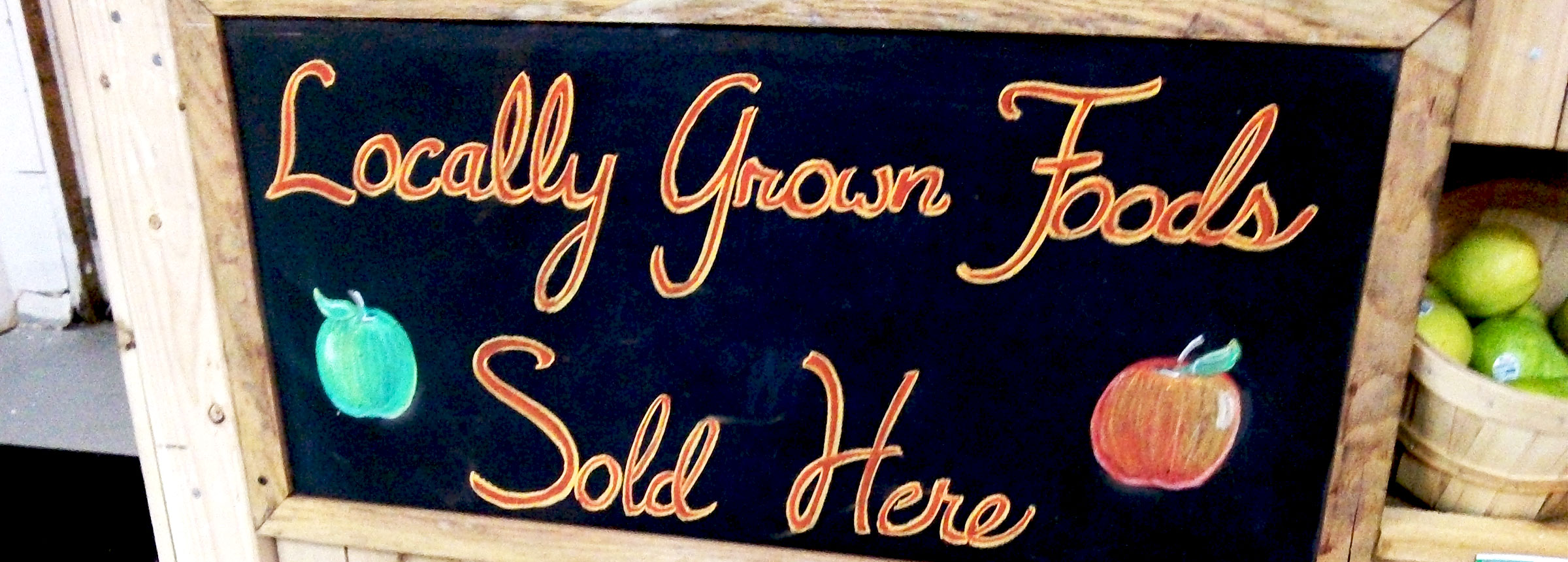
Capacity for Food Chains
Communities that most need healthy and affordable food options often have the fewest choices. The Wallace Center at Winrock International collaborates with vulnerable communities to establish value chains that make nutritious and local food available to everyone. This happens through training, mentoring, peer-to-peer learning opportunities and by fostering collaboration between organizations committed to delivering the…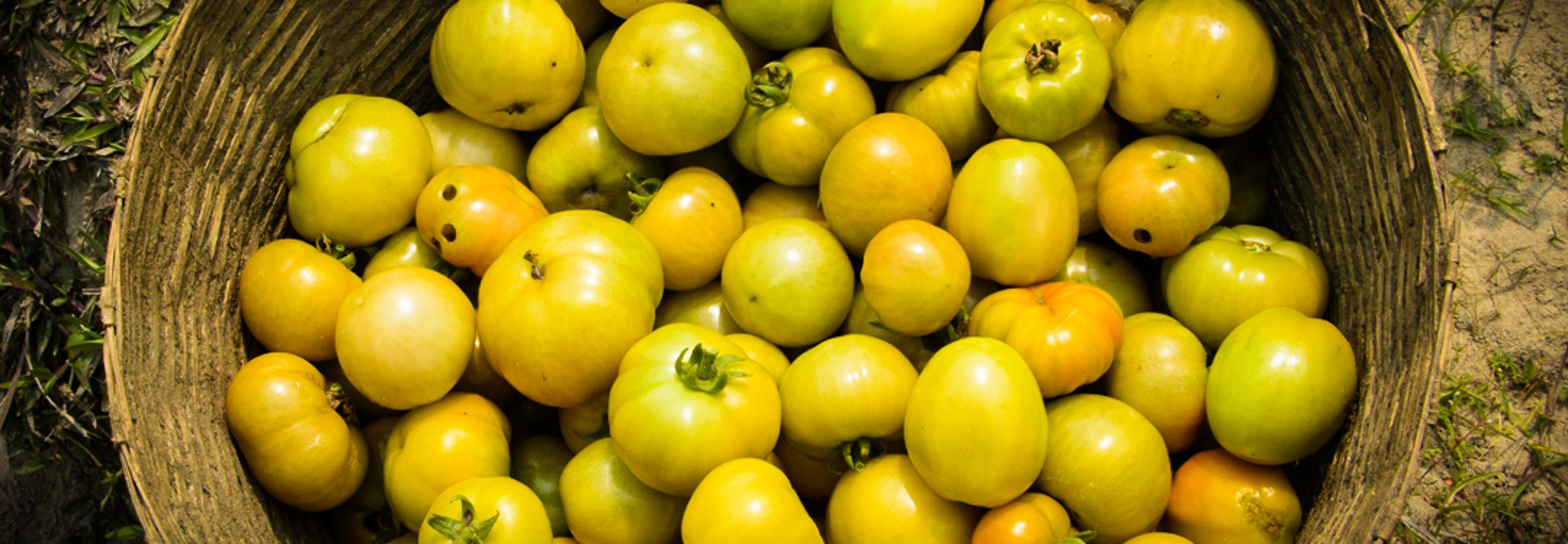
Cold Chain Bangladesh Alliance
Crops that spoil or arrive at market in a condition consumers reject are a missed opportunity for Bangladesh to reduce its food insecurity and increase the profits of its small farmers. To address that problem, the Cold Chain Bangladesh Alliance is helping small farmers produce high-value products local consumers want and to establish the cold…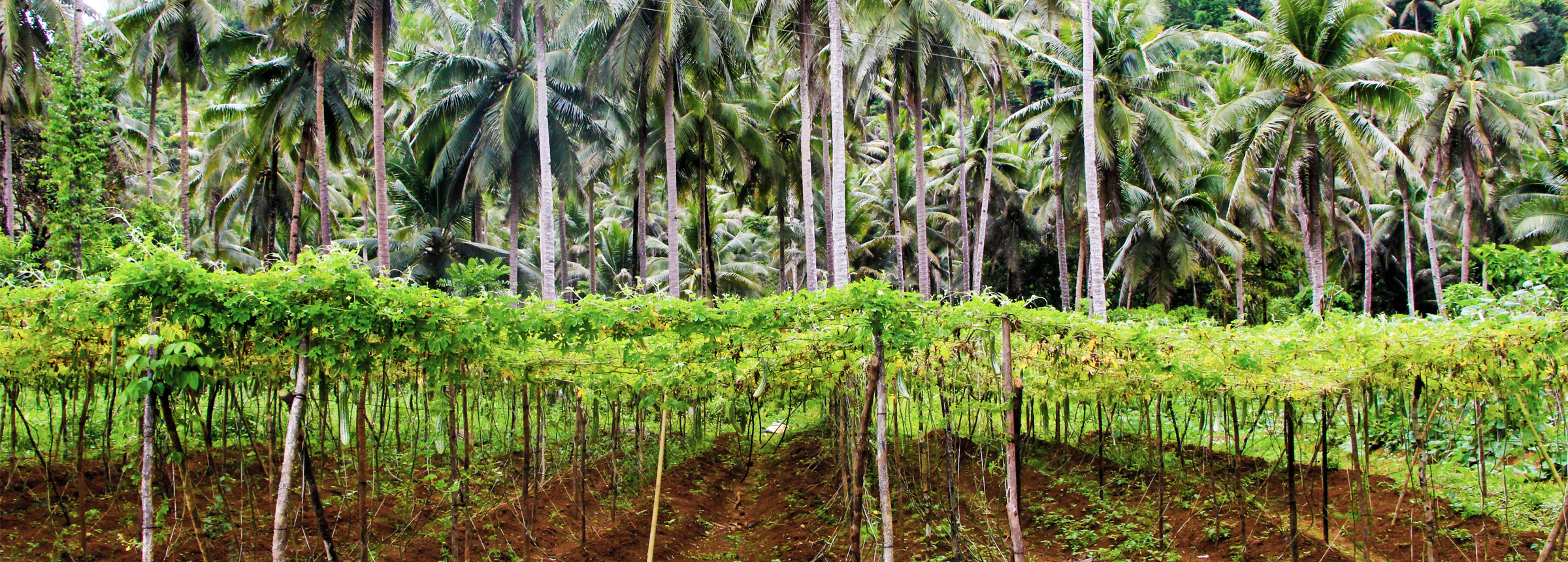
Philippines Cold Chain Project (PCCP)
Crops that spoil or arrive at market in a condition consumers reject are a missed opportunity for the Philippines to reduce its food insecurity and increase the profits of its small farmers. To address that problem, the Philippines Cold Chain Project works to help smallholder farmers and fishermen on the island of Mindanao to produce…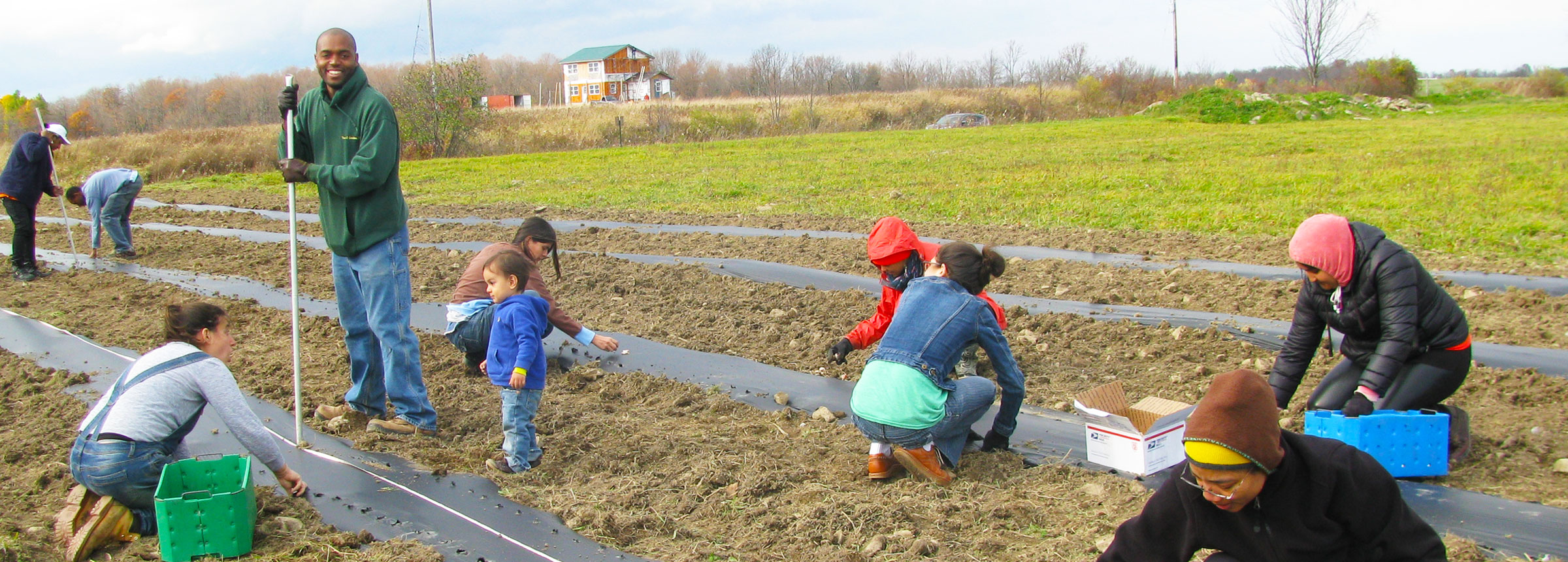
Strengthening Sustainable Farming and Local Food Systems
Consumer demand for sustainably grown local food is an unprecedented opportunity for family farmers. To take full advantage of the opportunity, small farmers are increasingly working with food hubs — enterprises that utilize cooperative aggregation, distribution and marketing strategies. The Wallace Center at Winrock International works to develop and strengthen food hubs that help small…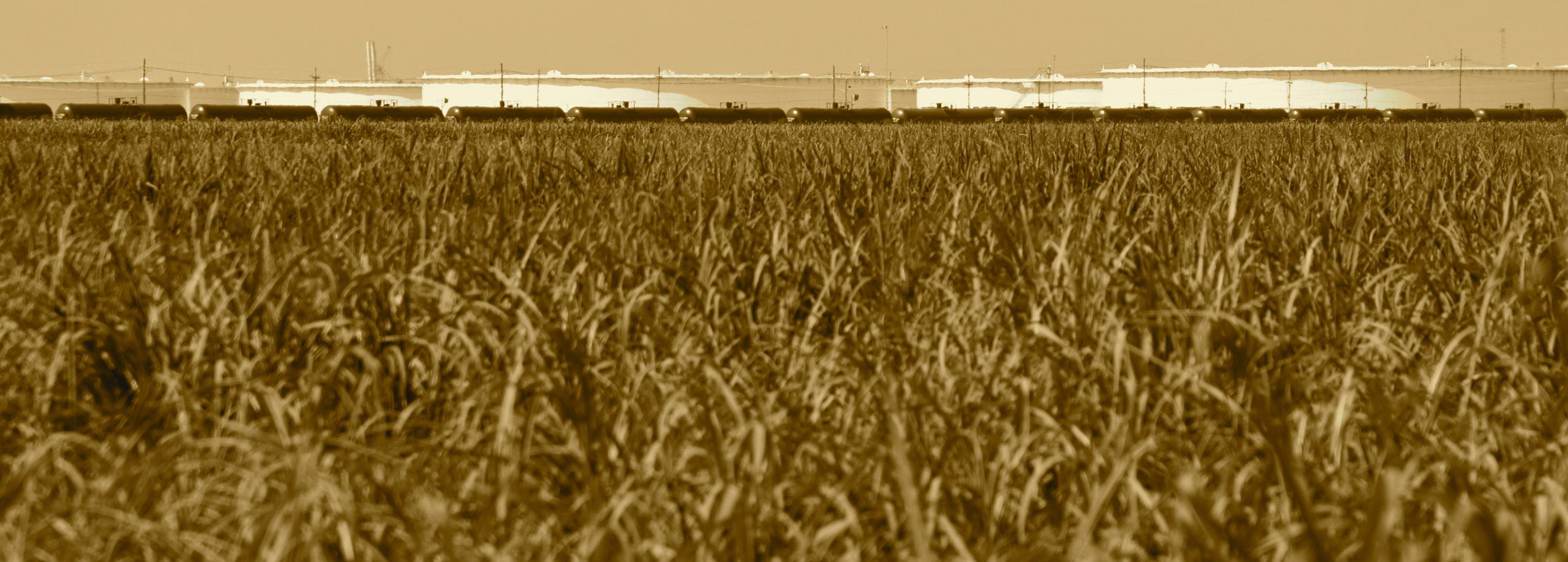
Capacity for Food Chains in Mississippi
The need for affordable and healthy food is especially acute in Mississippi, a state that routinely leads the nation in obesity and poverty rates. The Wallace Center at Winrock International collaborates with communities, farmers, wholesale distributors and others to build local food value chains that will make healthy and fresh food readily available in the…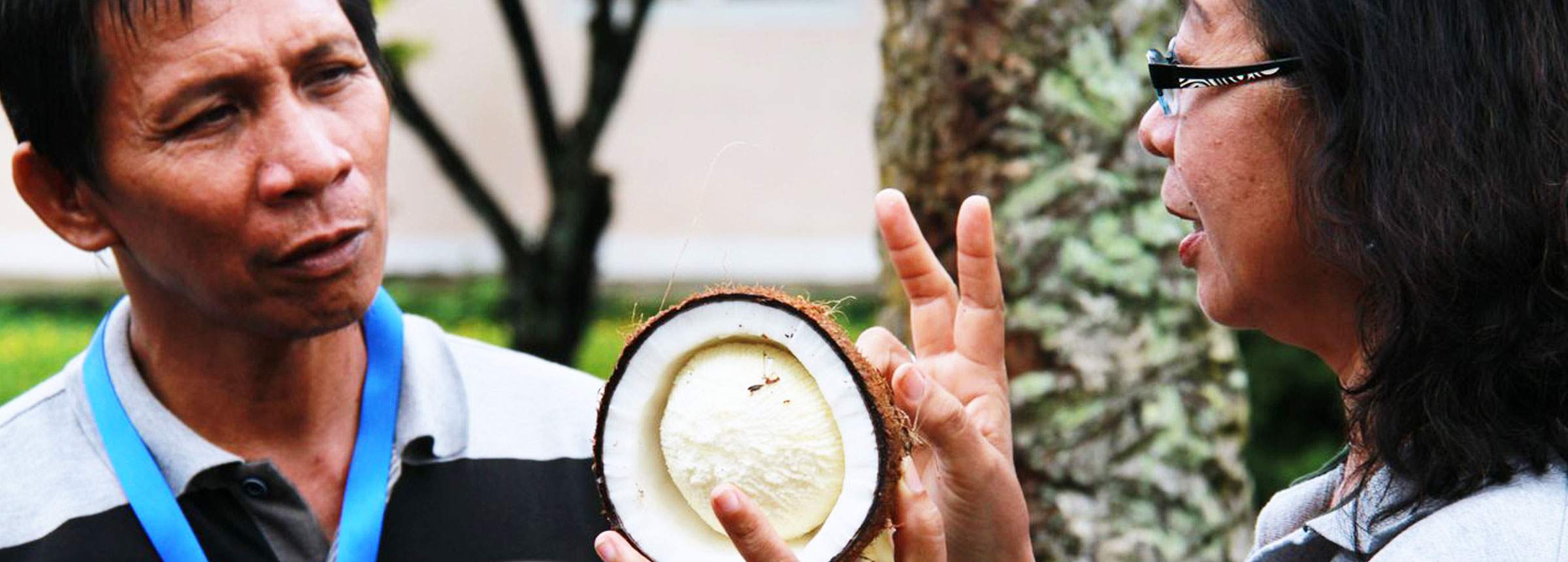
Smallholder Coconut Farmer Empowerment Project 2
The cultivation of coconuts, especially for use in coconut oil, has been an important source of income for Indonesia’s small farmers. Yet a host of factors — including a failure to replace old trees with new seedlings and a lack of effective pest management — has led to reduced production in the country’s South Minahasa…